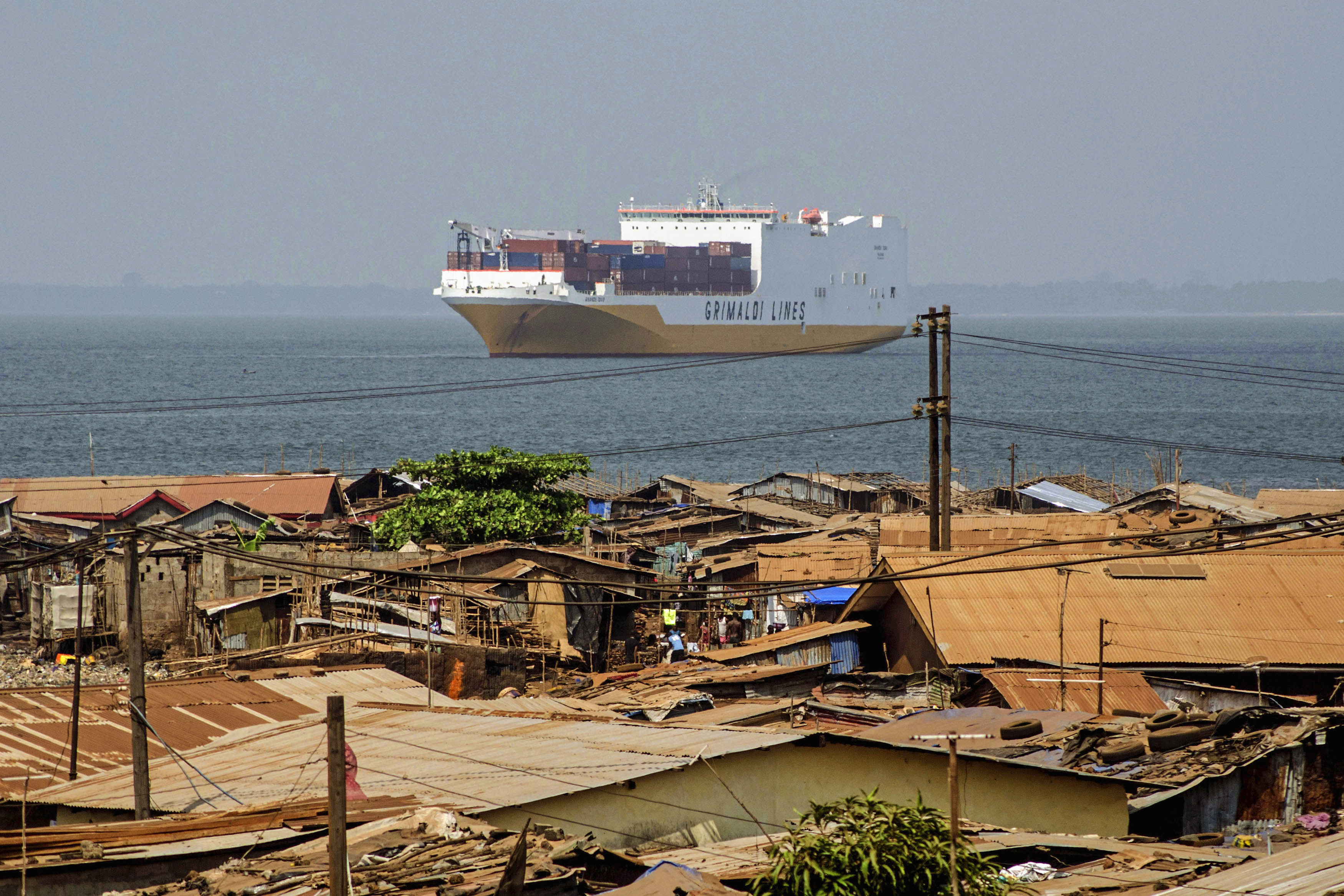Latest From Brookings
The current pace of globalization gives no choice to small developing countries: they must integrate into world markets if they wish to succeed. Africa has more than its fair share of small poor economies because of fragmentation that it inherited from European colonizers, making Africa the continent most prone to ethnic-based conflicts. Yet, African countries impose the heaviest artificial barriers around their borders on top of this. It’s time to change this.
Go sub-continental
Except for the two dominant economies––South Africa and Nigeria––the continent is made up of countries that have small domestic markets, limited economic diversification, and generally poor connectivity with neighboring countries, reducing proximity between economic agents within Africa, and between Africa and the rest of the world. Yet, the approach of the international community (specifically, developed countries and international financial institutions) to help Africa has so far been essentially country-specific, and putting out regional fires that threaten to become global: genocides, pandemics, religious conflicts, etc.
This approach has merits, but a continent suffering on a permanent basis from the triple disadvantages of low economic density, long distance to markets, and deep divisions needs a different strategy. My research indicates that it would benefit enormously from a regional approach, as argued by the World Development Report 2009.
One way to do this is by granting preferential access to leading world markets to the region, as intended by the African Growth Opportunity Act (AGOA) and Everything But Arms (EBA), two preferential agreements extended by the United States and the European Union, respectfully, since 2001. But not all African countries have benefited from this access, among which are West African countries. Paradoxically, West Africa hosts two of the most advanced regional economic communities. The West African Economic and Monetary Union (WAEMU) shares a common monetary policy that has held inflation down and constitutes a customs union with a compensation ...
Read More
Wednesday, July 19, 2017
Six steps to start changing how Africa does development
Subscribe to:
Post Comments (Atom)
No comments:
Post a Comment
Note: Only a member of this blog may post a comment.